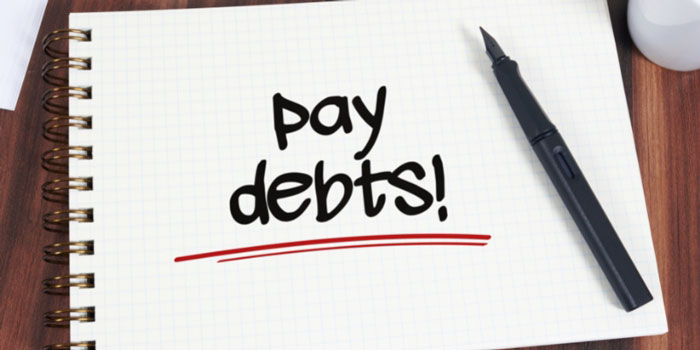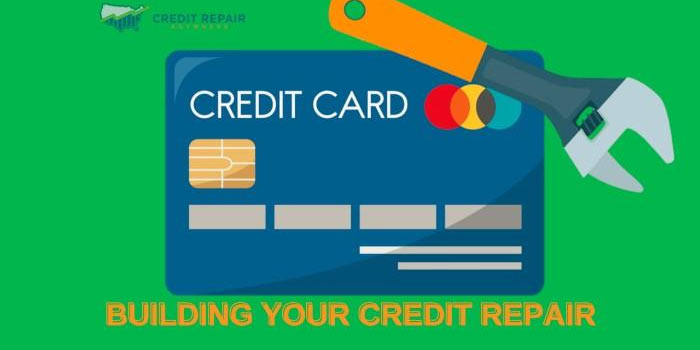Are you curious why your mortgage payments start with the most interest? While it may sound strange, there are very good reasons why the extremely important topic of mortgaging is handled the way it is. Knowing the nuances of mortgages requires insight, but Will will lead you through each step to ensure that you'll understand what goes into such an essential component of owning a home.
Let's dive right in so that you can understand how and why most mortgage payments begin as interest.
Basics of Mortgages

Before we delve deeper into the topic, you must understand how mortgages work. A mortgage loan is a separate contract from the original home purchase agreement. That loan is then secured by your house or other property and serves as collateral for the lender in case you cannot pay the loan.
Mortgages can be broken down into different terms based on repayment schedules. The most common type of mortgage is called an amortized loan, which has regular monthly payments with both interest and principal payments included. These loans typically have a fixed rate and term length, meaning the amount owed will remain constant throughout your repayment period. At the same time, the distribution of each payment between interest and principal will vary.
Different Types of Mortgages

When it comes to mortgages, there are two main types that you should be aware of:
1. Fixed Rate Mortgages
Fixed-rate mortgages have a fixed interest rate and repayment term, meaning that you will be repaying the same amount each month throughout the life of the loan.
2. Adjustable Rate Mortgages (ARMs)
Adjustable rate mortgages are different in that they have variable rates, which can fluctuate over time. These loans typically begin with a lower introductory rate but can increase or decrease depending on the market.
Why Do Most Mortgage Payments Start as Interest?
Now that you know the basics of mortgages, let's examine why most mortgage payments start as mostly interest. To understand this, it’s important to note that when you make your monthly payments, each payment consists of two parts: Principal and Interest. The principal is the loan portion that pays off the actual loan amount, while the interest is what you pay for borrowing money.
When a loan is issued, more of your early payments are allocated toward paying off interest because lenders want to receive an immediate return on their investment. This means that most of your mortgage payment goes toward paying off the interest in those early months in those early months.
As time passes, your principal and interest balance shifts as you make monthly payments. As more of the loan is paid down, you will notice that a larger portion of your mortgage payment will reduce your principal balance instead of solely covering the interest charges. By the end of the loan term, all remaining payments should be applied to paying off your principal balance in full.
How Interest Works on Your Mortgage
To understand why your mortgage payments start as mostly interest, it’s also important to understand how exactly the interest is calculated. Various factors, such as the current market rate, your credit score, and the loan term length, typically determine mortgage interest rates.
When you take out a mortgage loan, you will be charged an annual percentage rate (APR) which includes all the costs associated with getting a loan, including any origination fees or closing costs. Your APR will then be converted into a monthly rate to calculate your mortgage payment. This calculation considers both principal and interest charges so that each month, you are making progress in paying off both portions of your loan.
Understanding how interest works on your mortgage is key to understanding why most initial payments are allocated towards interest instead of principal. As you make more payments, the balance will shift so that you will eventually pay down your loan faster and ultimately reach your goal of owning a home outright.
By taking the time to understand mortgages better, you will be able to make smarter decisions when it comes to financing a home purchase and has an easier time budgeting and managing cash flow each month. Knowing these principles will help you make smart financial decisions as you embark on this important journey.
Paying Principal and Interest Early
Finally, it is important to understand that you can also pay more than your normal monthly principal and interest payment. Doing this makes an extra monthly payment, which can help you pay off your loan faster. As these payments will be applied directly towards reducing your principal balance, paying off additional principal and interest every month can significantly reduce the time and money it takes to repay your loan.
Understanding why your mortgage payments start with the most interest is important for anyone looking to purchase a home or refinance an existing mortgage. It is also important to consider additional strategies, such as paying more than the minimum monthly payment, to reduce your loan balance faster and ultimately save you money in the long run. Considering all these factors, you can ensure that you make smart financial decisions when owning a home.
Paying Down More Principal Each Month
To understand why your mortgage payments start as mostly interest, it is also important to consider the other strategies you can use to pay your loan off faster. One popular strategy many borrowers choose is making additional monthly principal payments. This means that instead of paying only the minimum amount due on your loan, you can pay an additional amount that is applied directly toward reducing your principal balance.
This method of paying down more monthly principal will help you reach your goal of owning a home faster and save you money in the long run.
When making extra payments, it’s important to check with your lender first, as some may have restrictions or fees associated with additional payments.
FAQS
Is it better to pay the principal or interest?
Mortgage payments typically consist of both principal and interest. However, when you first get your loan, most of each payment will likely go toward paying interest rather than reducing your loan balance. This is because mortgages are structured so that during the early years of a loan, most of each payment goes to paying off accrued interest from earlier payments.
Is 6% high for a mortgage?
That depends on the current market conditions and your financial circumstances. 6% is considered a relatively high-interest rate for a mortgage loan. This is especially true if you have good credit, as it's fairly easy to find mortgages with rates lower than 6%.
What is the formula for a mortgage payment?
The formula for calculating a mortgage payment is P = (r * A) / (1 - (1 + r)^-n), where P is the monthly payment amount, r is the interest rate per month, A is the loan amount, and n is the number of payments.
Conclusion
To summarize, potential homeowners need to understand why most mortgage payments consist of interest to find the best terms for their situation. Homeowners also have to consider their down payment amount, the duration of their loan, the types of interest rates available to them, and how their monthly payments may be affected by making extra payments. Understanding these concepts can save you money on your mortgage and help you become a more knowledgeable homeowner.




